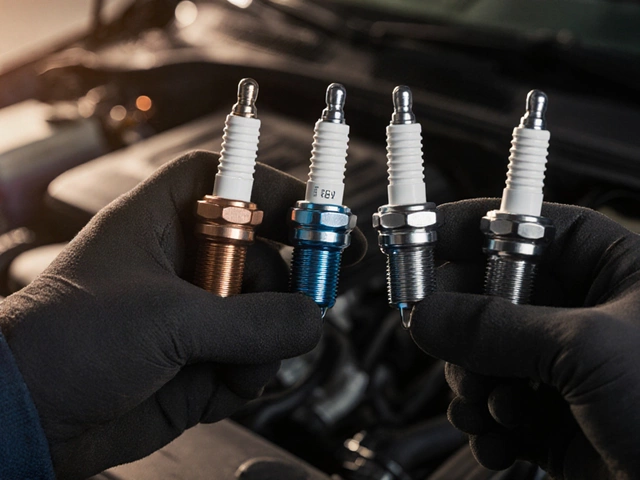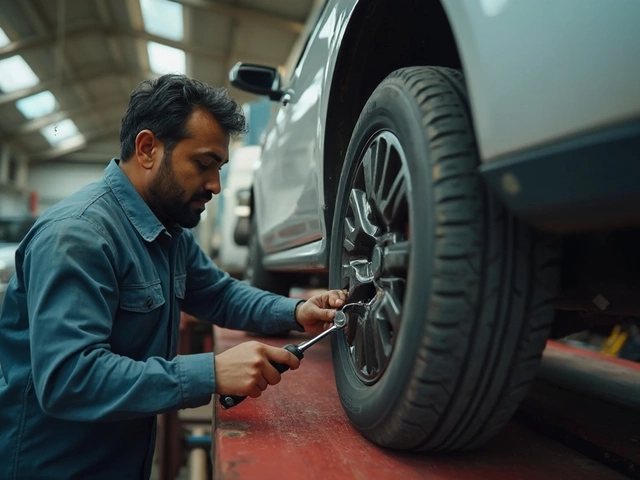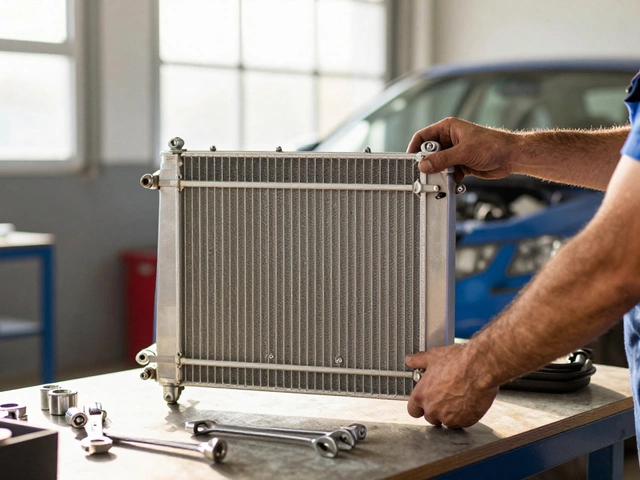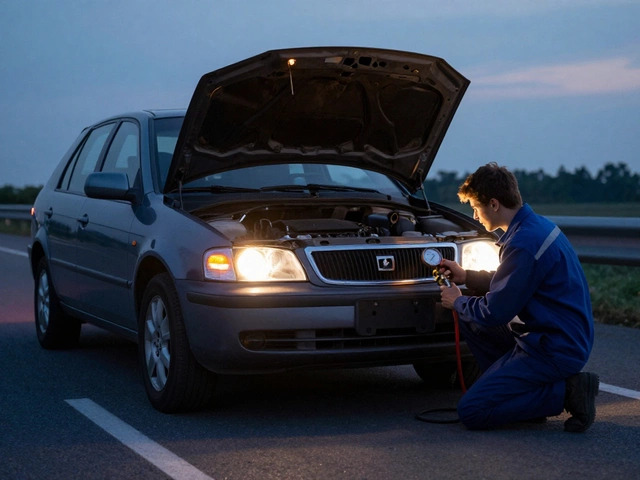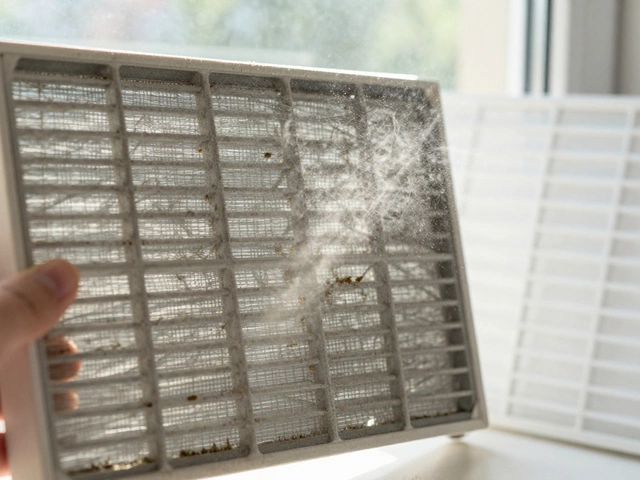
Misfires: What Causes Them and How to Fix Them
When your engine misfires, it doesn’t just sputter—it’s screaming for help. A misfire happens when one or more cylinders fail to ignite fuel properly, causing rough idling, loss of power, or even a check engine light. This isn’t a minor glitch. It’s a symptom of something deeper, often tied to the spark plugs, small but critical components that ignite the air-fuel mixture in your engine, the fuel pump, the device that delivers fuel under pressure to the engine, or the ignition system, the network of wires, coils, and sensors that trigger combustion. These parts work together, and when one fails, the whole process stumbles.
Misfires don’t happen out of nowhere. They’re usually the result of wear, neglect, or a single faulty part. Old or cracked spark plugs can’t jump the gap anymore. A weak fuel pump might not push enough gas to the injectors. Dirty fuel injectors starve the cylinder. Even a broken ignition coil can stop a spark dead. You might hear a coughing sound at idle, feel a jerk when accelerating, or notice your car shaking when stopped. These aren’t just annoyances—they’re warnings. Ignoring them can lead to catalytic converter damage, which costs thousands to replace. And if you’ve ever driven with a misfire, you know it doesn’t just feel bad—it feels unsafe.
The posts below cover the exact problems that cause misfires and how to fix them without overpaying. You’ll find guides on spotting worn spark plugs, diagnosing a failing fuel pump, and understanding why your ignition system might be the real culprit. Some posts show you how to tell if your clutch or suspension is linked to engine issues, because sometimes the problem isn’t where you expect it. Others break down real-world costs and timelines so you know what to expect before walking into a shop. Whether you’re trying to save money on a DIY fix or just want to know if a mechanic is trying to upsell you, this collection gives you the facts—no fluff, no guesswork.
-
20 Apr

